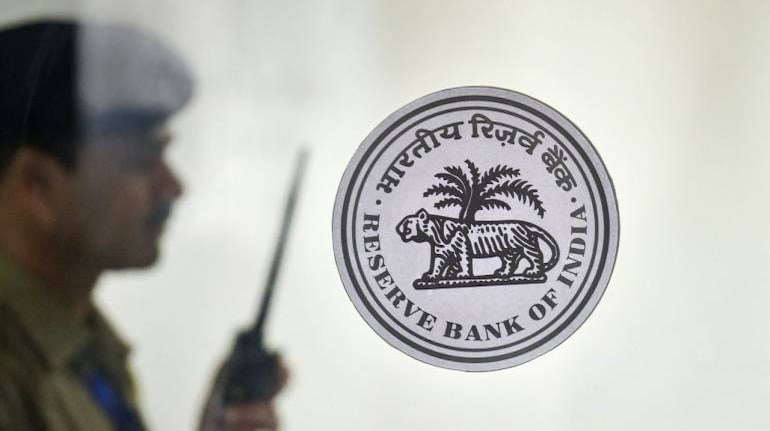Climate change is clearly one of those future risks that could pose significant challenges to the world economy
About a month back the central banks of Denmark and New Zealand (RBNZ) invited applications for new job profiles. Denmark had opened jobs for climate economists, whereas New Zealand was looking at money futurist. These new profiles are aimed at addressing emerging future challenges for central banks.
Denmark was seeking to reinforce its “knowledge and expertise on the interplay between our core tasks, climate challenges and the transition to a low-carbon economy”. Accordingly, the job applicant is expected to perform research on “the channels of transmission of climate change to macroeconomic stability in Denmark, including the importance of physical and transition risks”. The applicant is also expected to engage in speech writing for chief officials.
Just before COVID-19 struck, climate change was becoming a very important concern for governments and central bankers. So much so, Mark Carney, the former Governor of the Bank of England, was appointed by Prime Minister Boris Johnson as his financial adviser “to help build a sustainable financial system to support the transition to a net zero economy”. Several other central bankers are also giving speeches on climate change.
A few economists then suggested that central banks should not be concerned over climate change, and rather focus on their objective of price and financial stability — leaving climate change to other experts. They worried that the inclusion of climate change in central baking research will lead to mission creep of these banks.
The pandemic has questioned this ‘mission-creep view’ as we are now realising the importance of an interdisciplinary approach in macroeconomics. The risks to economy can come from multiple sources as we are seeing in the case of this pandemic. An article in Nature showed how the Bank of England researchers are “fusing economics and epidemiology to study the complex effects of the pandemic” and determine its impact on the UK’s economy and markets.
As central banks are fighting the pandemic, they have to also look at future risks. There is little doubt that climate change will be one of those risks which could pose significant challenges to the world economy. The physical risks imply damage to economic property and transition risks imply the adjustments needed to move towards a greener economy. Both these risks impose significant costs to the economy, and if the shock is at a broader level just like the pandemic, the impact will be felt by everyone.
The New Zealand central bank, for long a pioneer in the central banking, is looking for a ‘Head of Money and Cash’. This new job is “focused on the future of money”. The new role will look at the entire logistics of currency from physical cash and provide “thought leadership around the future of cash and money and growing trends in online payments and digital currencies”. The central bank says the digital payments space not just continues to see new ways of making payments but also witnesses changes in behaviours of consumers.
Compared to climate change, digitalisation of payment systems is less of a challenge to central banks.
Digitalisation of payment systems is hardly new and one is seeing continuous changes from ATMs to contactless payments today. In fact, the digitalisation’s challenge is in terms of digital currency. Bitcoin and Libra have questioned the authority and monopoly of central banks over currencies. This has pushed central banks into thinking of launching their own digital currencies. Sweden is thinking of a digital currency due to fast shrinking demand for physical currency whereas China and France are thinking of digital currency to counter hegemony of the US Dollar.
The Reserve Bank of India should pay heed to both these recruitments and recruit climate economists and money futurists. The RBI’s push for digital payments is much known, but it now needs to think of the next set of challenges of digital money. However, one should be mindful of the risks of from much digitisation as well.
Climate economics is hardly a new field for the RBI, given how monsoons have played a central role in India’s economic activity. The RBI’s monetary policy statement usually starts with expectations and outcome of monsoon, and then goes on to table other details. Its monthly bulletin of April has an article titled ‘Climate Change: Macroeconomic Impact and Policy Options for Mitigating Risks’. The findings suggest that climate change could have significant macroeconomic impact on India, particularly on food inflation and certain indicators of real economic activity (electricity demand, trade, tourist arrivals, etc.).
Overall, it is encouraging to see a few central banks look beyond the pandemic. Where climate change is a big risk which needs careful mitigation, the challenge of digital money and payments could be converted into a new opportunity. The best way to figure both is to build strong research and execution teams in both the fields. The central banks of Denmark and New Zealand are doing this, and other central banks should emulate them.
Amol Agrawal is faculty at Ahmedabad University. Views are personal.













